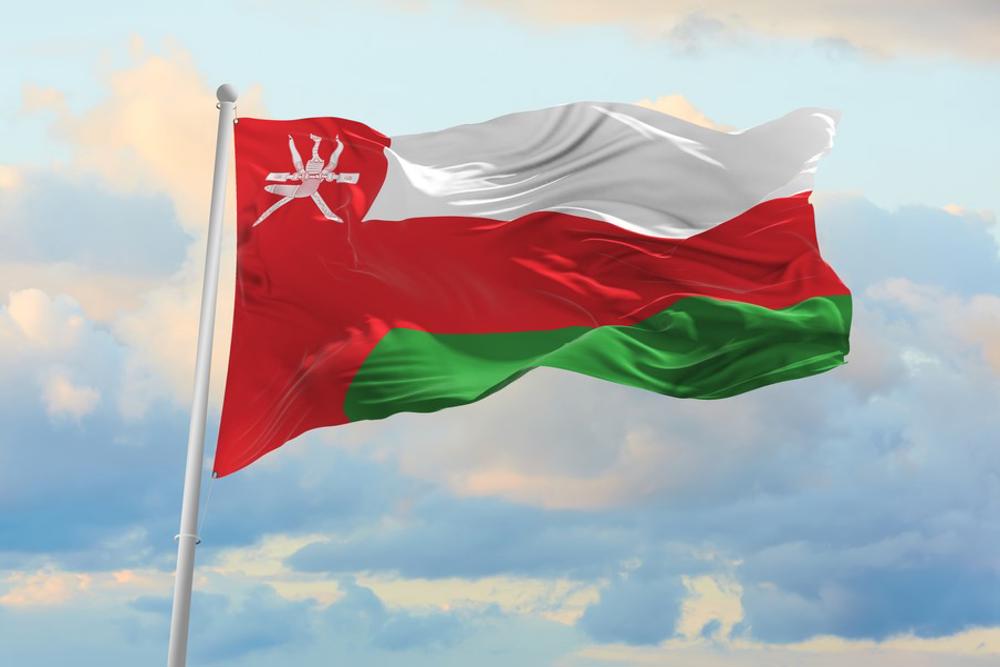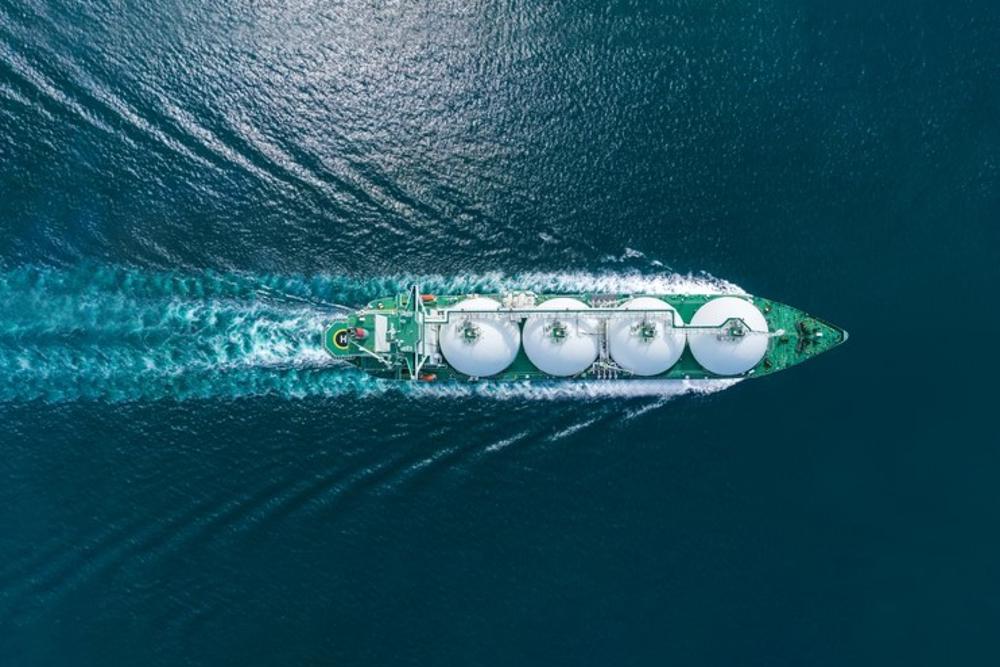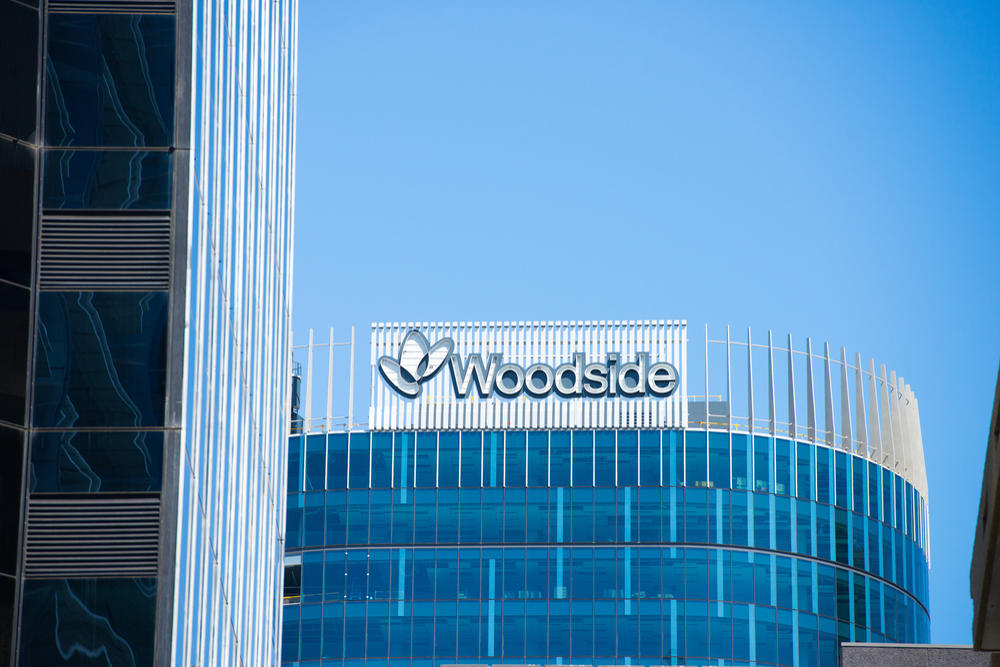
Clean Energy Fuels Australia (CEFA) has secured a long-term site lease for a plant near the town of Mount Magnet, approximately 300 kilometres east of Geraldton in Western Australia. The facility will form part of the Mid-West Liquified Natural Gas (LNG) Hub, which has a total cost of more than A$100-million.
The project is currently under assessment by the WA Planning Commission (WAPC) as a ‘significant development’ in the new State Government planning pathway to support economic recovery from COVID-19.
Subject to approval, construction of the plant is set to begin later this year.
The hub will supply LNG as a lower emission fuel to generate electricity for mines and communities across the region, many of whom still rely on diesel-fired electricity generation to meet their energy needs. CEFA estimates it will be able to deliver LNG to its customers in the second quarter of 2021.
The new facility is expected to create close to 100 jobs during construction, and contribute significantly to the local economy, creating new skilled roles in the Mount Magnet region.
CEFA Managing Director, Romano Bernhard, said in addition to being significantly more environment friendly, domestically produced LNG is materially cheaper than diesel – almost all of which is sourced from imported oil.
“As well as contributing positively to Australia’s balance of payments, miners will benefit from an immediate reduction of operating cost without any capital expenditure,” he said.
“CEFA is also working on innovative solutions to displace diesel consumed in heavy mine haul vehicles with LNG while maintaining the same power delivery needed for mining operations.”
CEFA is supported by global infrastructure fund, I Squared Capital, to deliver the Mid-West LNG Hub and has secured access to natural gas, pipeline transport capacity and a long-term lease for the site.

Customer LNG storage facility at Port Wakefield in South Australia (similar to what will be done for MId-West Hub), image courtesy of Clean Energy Fuels Australia.
Long lead items were ordered in early 2020 and the team worked with a US-based specialist to design and engineer the modular LNG process plant.
The hub will include the first LNG liquefaction train, LNG transport tankers, customer storage, and regasification facilities and will create opportunities for local Australian businesses and regional employers.
Leveraging the LNG facility’s modular design, CEFA intends to add additional trains over time to facilitate further displacement of diesel with domestic gas.
LNG has long been used in Australia as a greener alternative to imported diesel and can deliver carbon dioxide (CO2) savings of at least 25 per cent over diesel for power generation.
CEFA estimates that over 25 years of operation, the first LNG train at the Mid-West LNG Hub could displace around three billion litres of imported diesel with domestically-sourced natural gas and reduce customers’ CO2 emissions by over two million tonnes.






